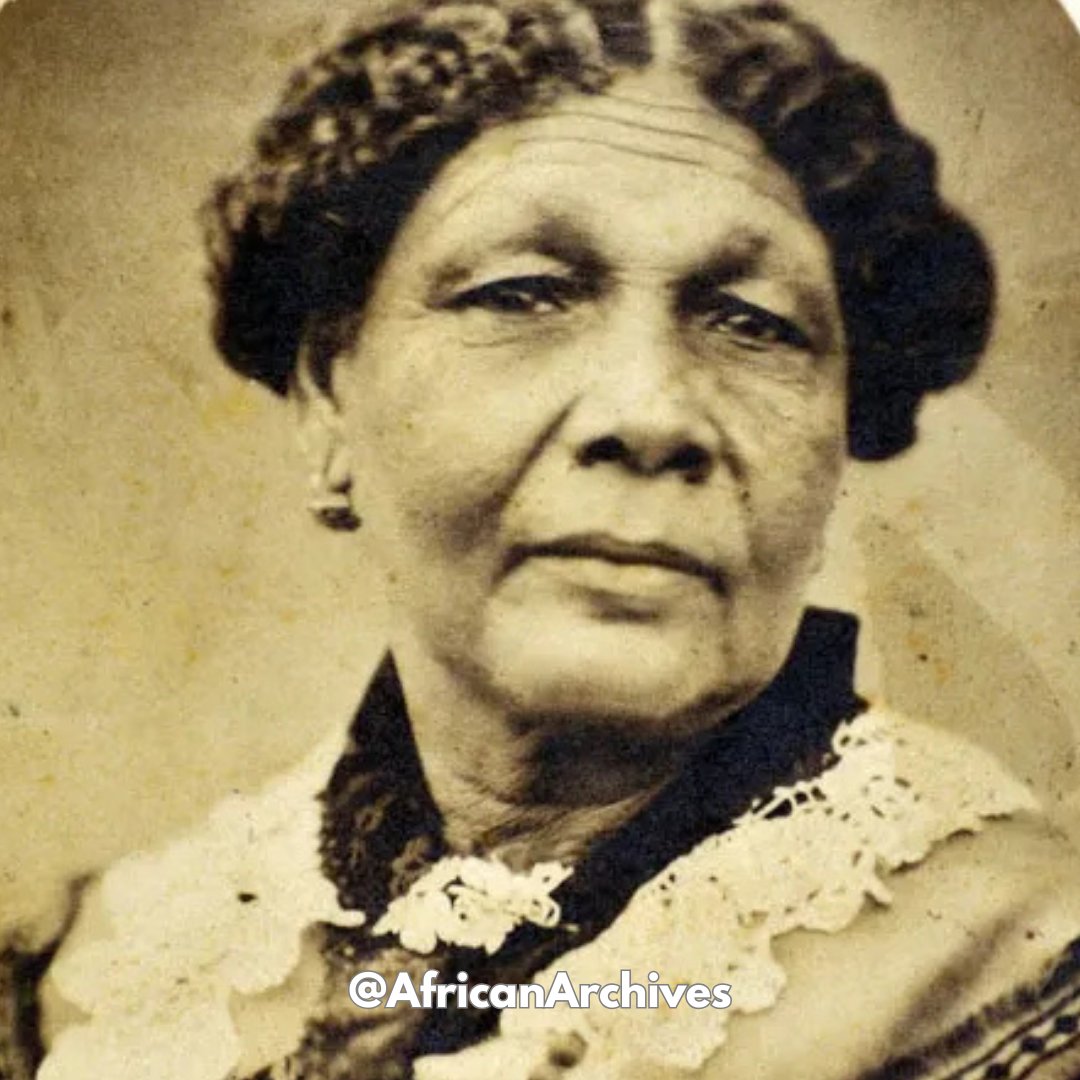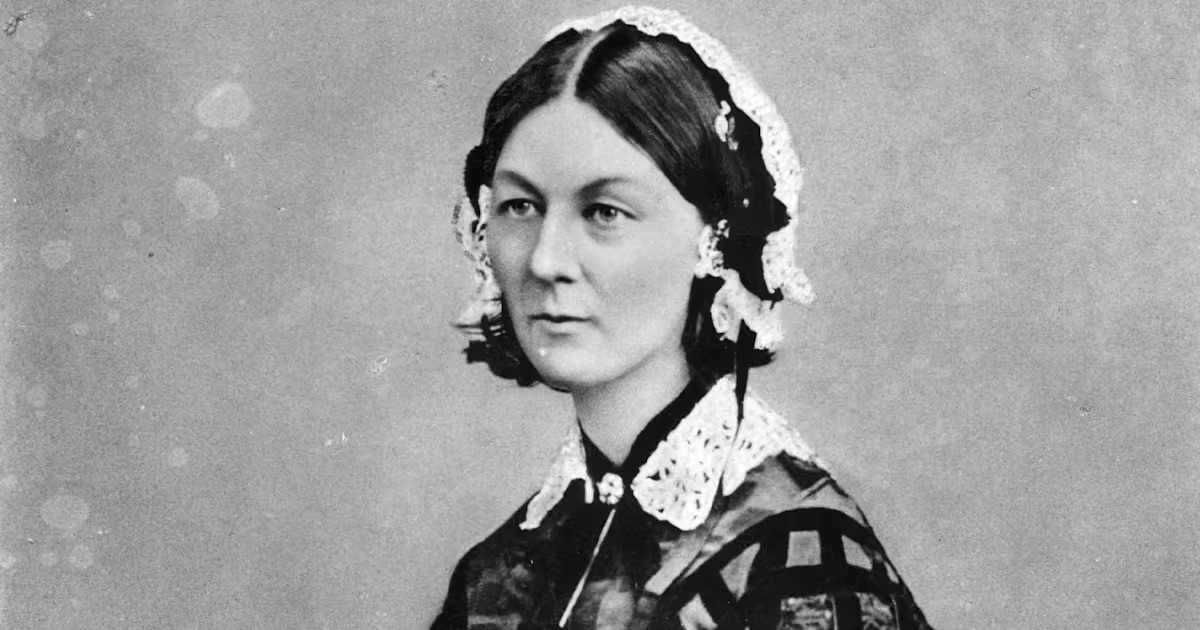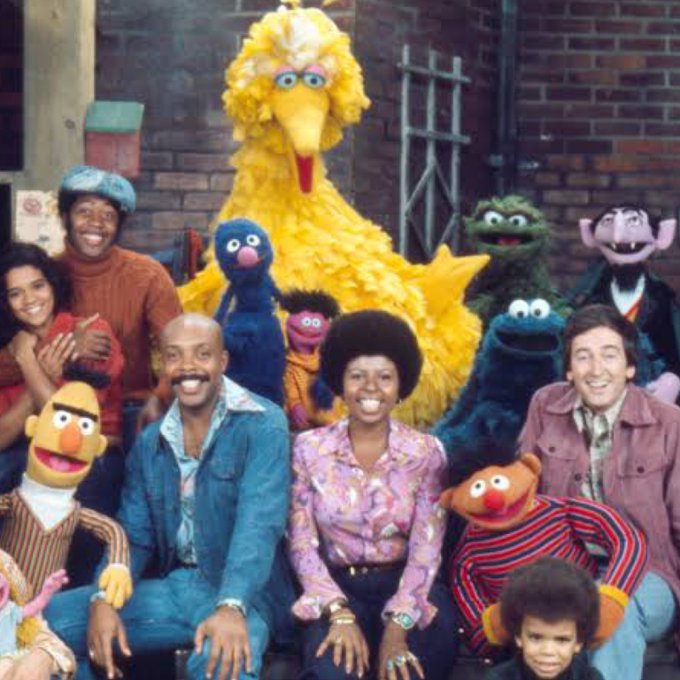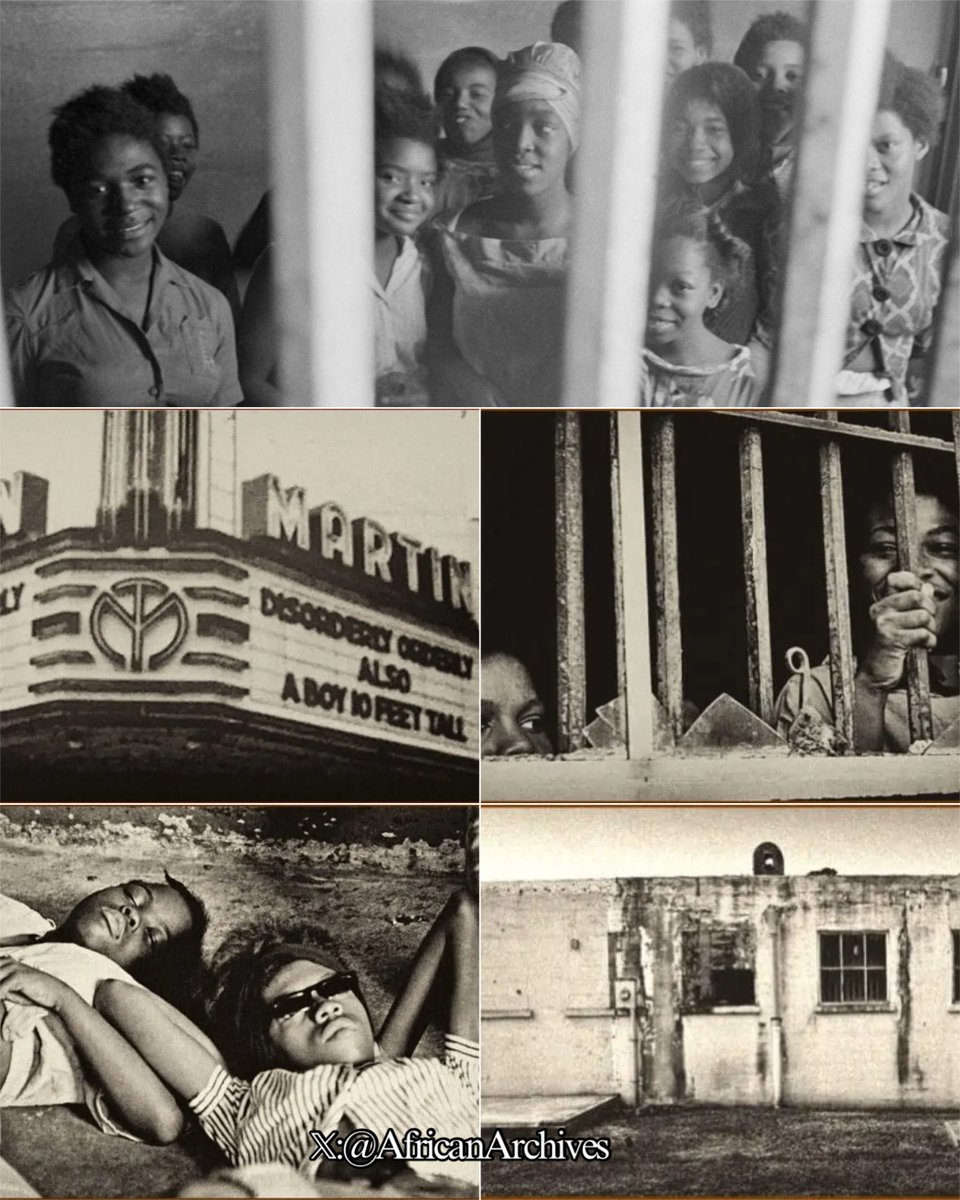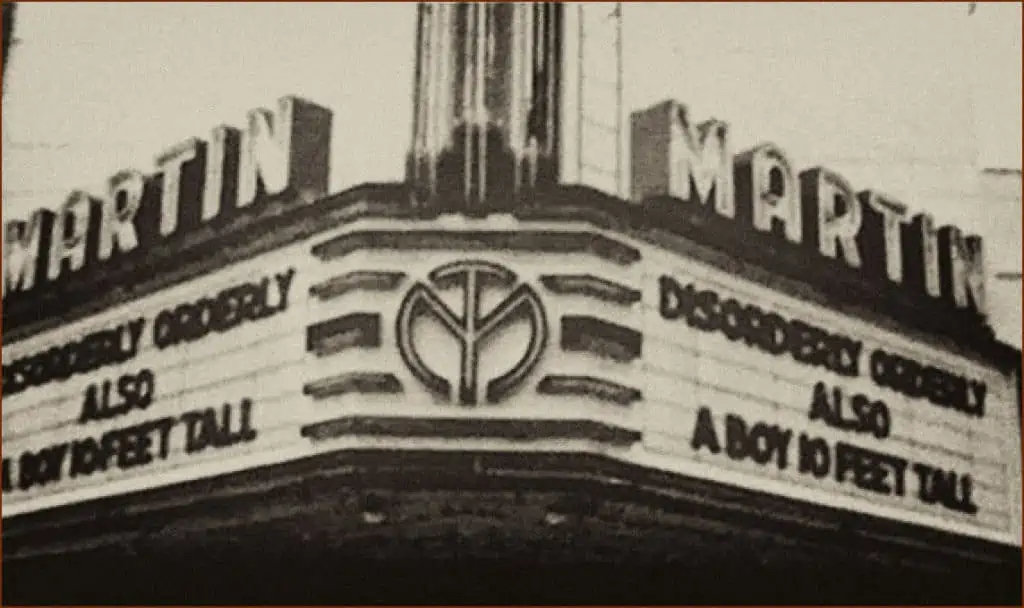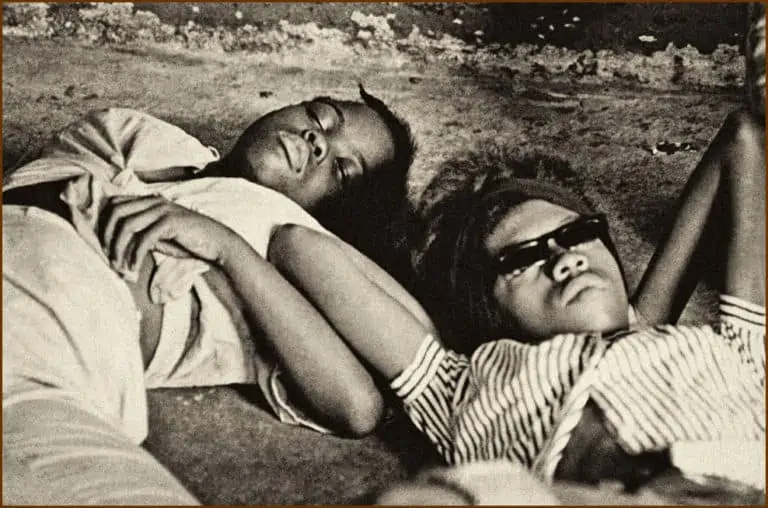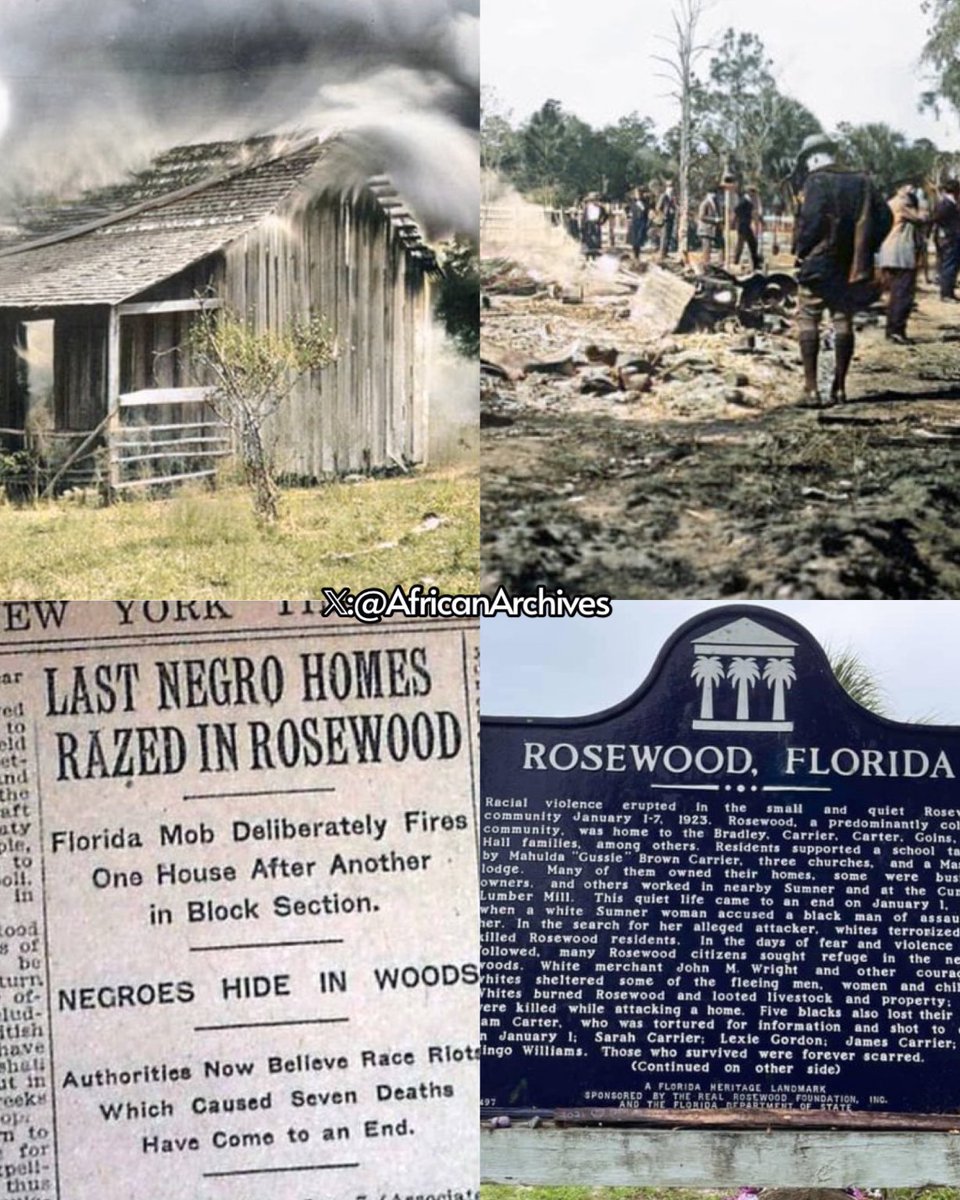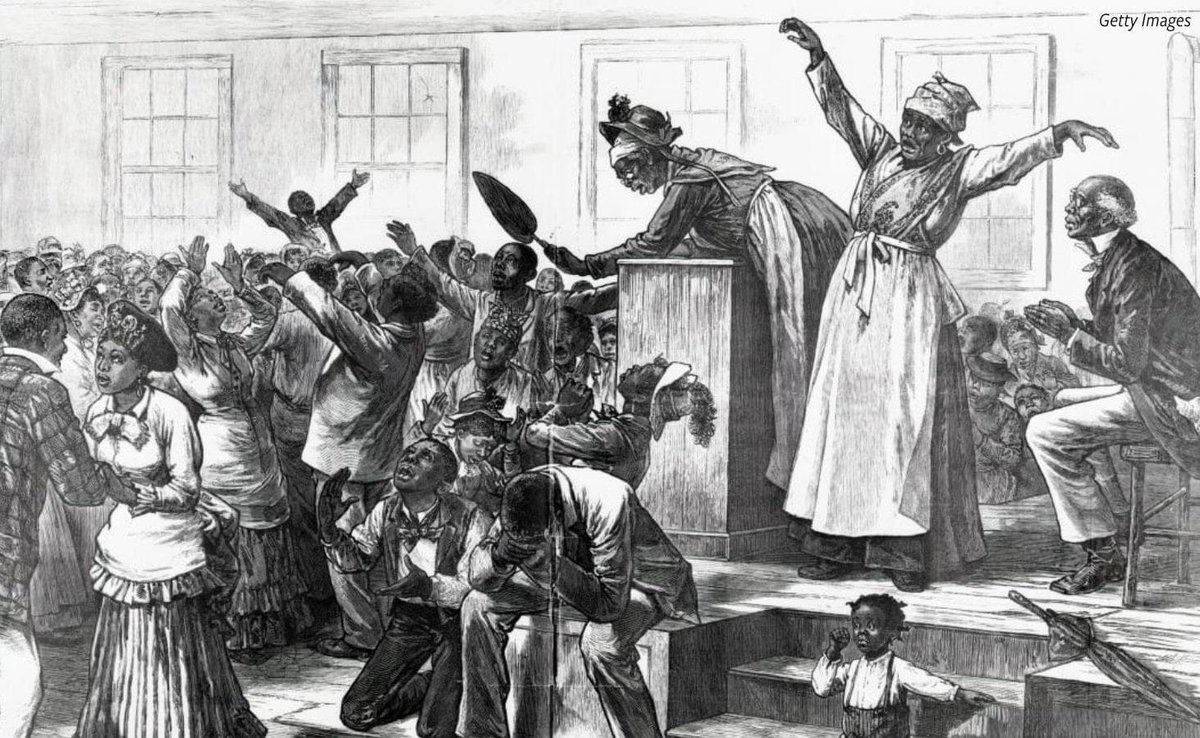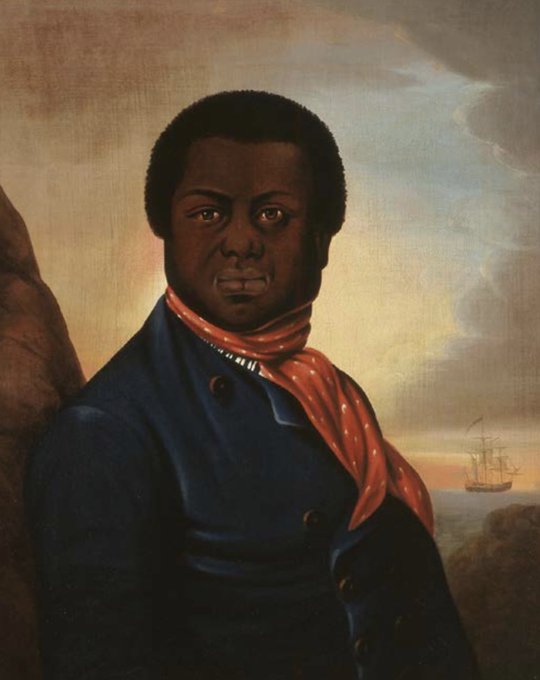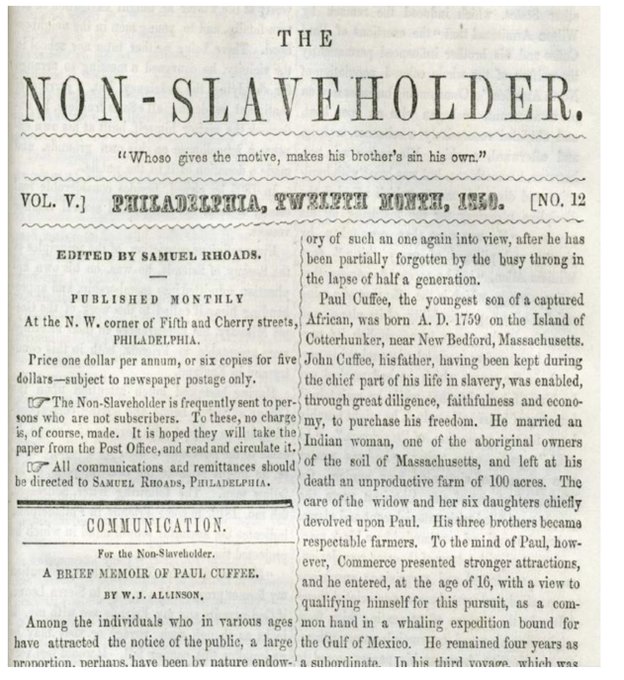In memory of those who chose the sea.. —The "Igbo Landing" story —
In an act of mass resistance against slavery, a group of slaves revolted, took control of the slave ship grounded it on an island & rather than submit to slavery, proceeded to march into water & drown.
THREAD!

In an act of mass resistance against slavery, a group of slaves revolted, took control of the slave ship grounded it on an island & rather than submit to slavery, proceeded to march into water & drown.
THREAD!

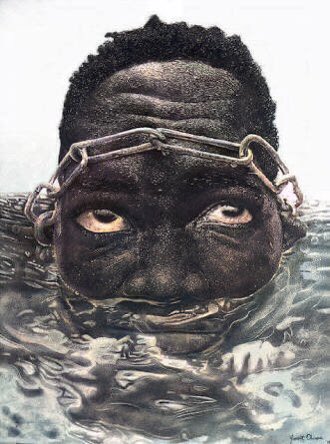
Igbo Landing is the location of a mass suicide of Igbo slaves that occurred in 1803 on St. Simons Island, GA. 

A group of Igbo slaves revolted & rather than submit to slavery, marched into the water while singing in Igbo, drowning themselves in. The slaves had been chained and put aboard a small ship to be transported to their destinations. 
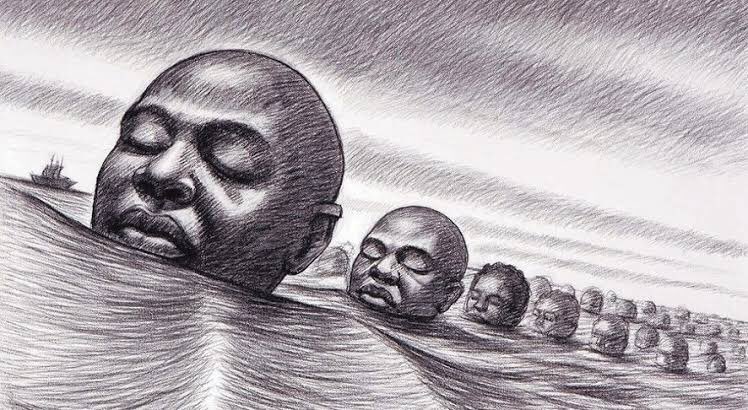
During this voyage, they took control of the ship and grounded it, drowning their captors in the process. The sequence of actual events is unclear as most of the historical incidence was passed down by oral tradition.
A common version is that once ashore, walked into the creek in unison, singing & chanting in Igbo under the direction of someone who seemed to be like a high priest among them. This mutiny has been referred to in some quarters as the first major freedom march in America's history 

Ghanaian artist Kwame Atoko-Bamfo created several sculptures in a lake to remember our ancestors who drowned as they were transported through the Atlantic Sea during slavery. 






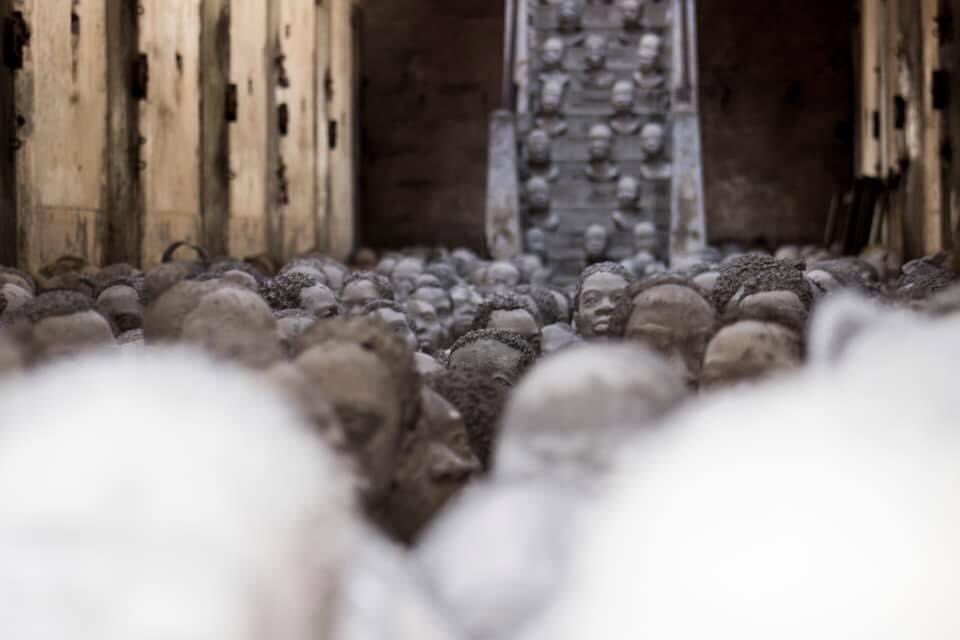
• • •
Missing some Tweet in this thread? You can try to
force a refresh


